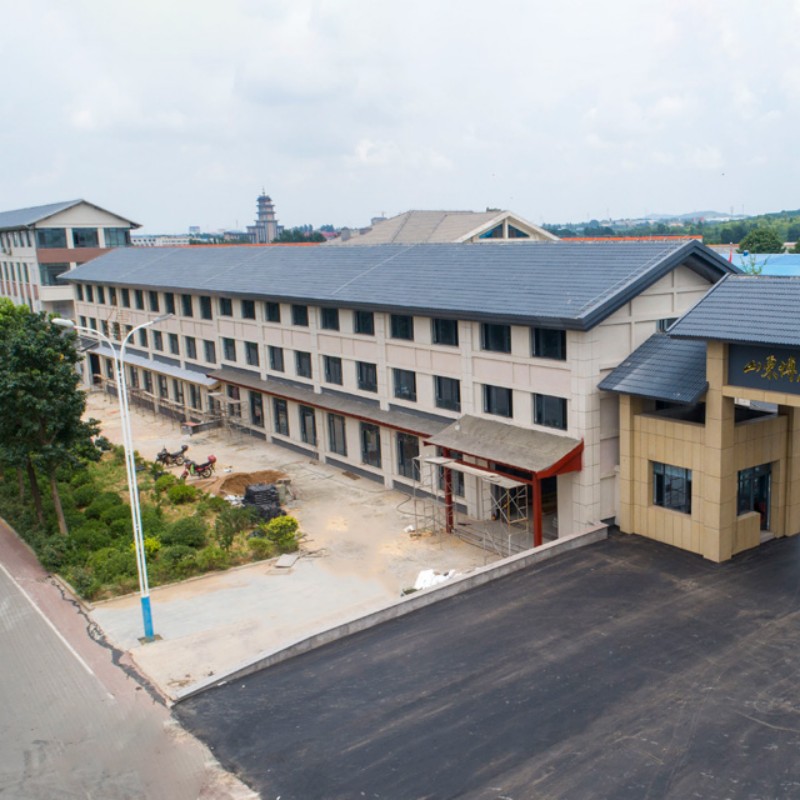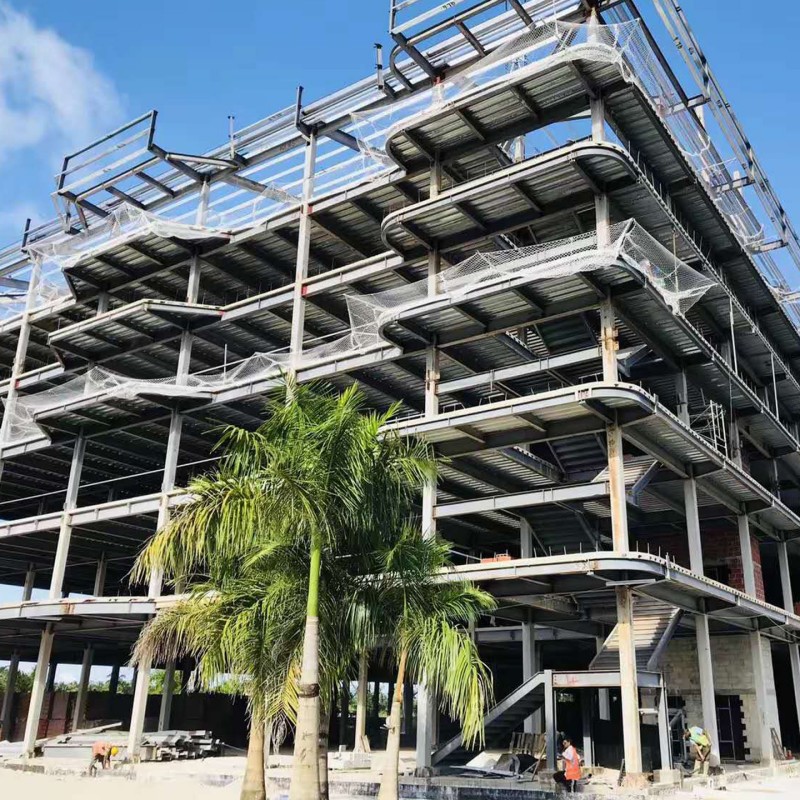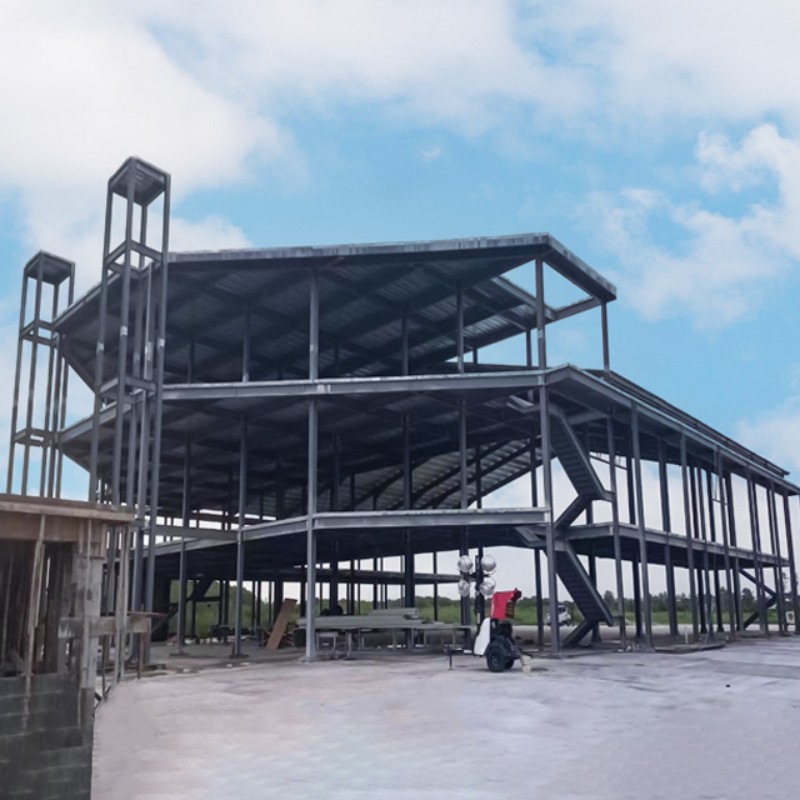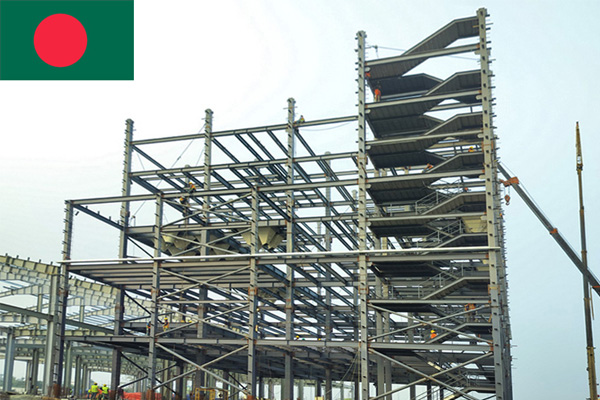Pain Points and Solutions
Without skilled steel fabricators, construction projects face delays, structural weaknesses, and costly material wastage. Poor fabrication quality can lead to safety hazards and financial losses. The solution lies in professional steel fabricators who ensure precision, durability, and compliance with industry standards like ISO 9001.
What Do Steel Fabricators Do?
Steel fabricators cut, shape, and assemble steel components to create structures used in industrial buildings, commercial & office buildings, and prefabricated steel components. They use specialized equipment and advanced technology to ensure quality and precision in construction projects.
Understanding the Role of Steel Fabricators
Steel fabricators are crucial in modern construction and manufacturing, providing essential steel components for various industries. Their expertise ensures buildings and structures are durable, safe, and cost-effective.
What is Steel Fabrication?
Steel fabrication is the process of cutting, bending, and assembling steel to form structures and components used in various industries. This process involves raw steel being transformed into prefabricated steel components used in structural frameworks, machinery, and other applications.
Key Processes in Steel Fabrication
Cutting
Steel is cut using laser cutting, plasma cutting, or sawing to achieve precise dimensions.
Bending
Press brakes and rolling machines shape the steel according to design requirements.
Welding
Steel components are joined using advanced welding techniques to ensure structural integrity.
Assembly
Prefabricated steel components are assembled into larger frameworks for industrial and commercial applications.
Equipment & Technology in Steel Fabrication
CNC Machines
Computer-controlled machines ensure high precision in cutting and drilling steel components.
Laser Cutting
Laser technology enables precise, efficient cutting for complex designs.
Automated Welding
Robotic welding systems enhance accuracy, speed, and structural strength.
Quality Control Systems
ISO 9001-certified processes ensure quality assurance in steel fabrication.
Applications of Steel Fabrication
Industrial Buildings
Steel fabrication supports warehouses, factories, and production facilities with durable structural components.
Commercial & Office Buildings
Steel provides flexible and cost-effective solutions for modern office spaces and retail centers.
Bridges & Infrastructure
Fabricated steel is essential for constructing durable bridges and large-scale infrastructure projects.
Prefabricated Steel Components
Pre-engineered steel parts simplify assembly and construction, reducing labor costs and build times.
Market Trends & Future of Steel Fabrication
Automation & AI Integration
Advanced robotics and AI-driven processes are revolutionizing the efficiency of steel fabrication.
Sustainability & Green Building
Recyclable steel and energy-efficient fabrication processes contribute to sustainable construction practices.
Increased Demand for Prefabrication
Prefabricated steel structures reduce waste and construction time, driving industry growth.
Smart Technologies in Steel Processing
IoT-enabled monitoring systems improve production efficiency and quality control.
Conclusion
Steel fabricators play a vital role in modern construction and manufacturing, ensuring quality, precision, and efficiency. With advancements in automation and sustainable practices, the industry is set for continued growth and innovation.





